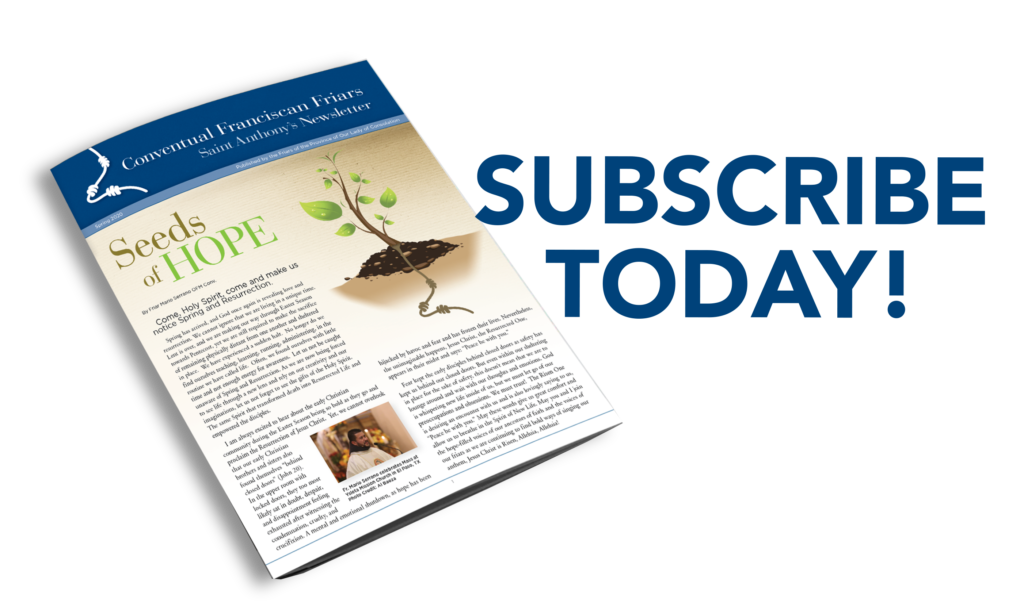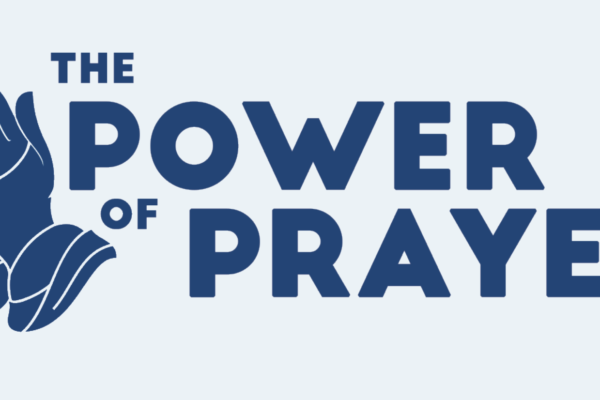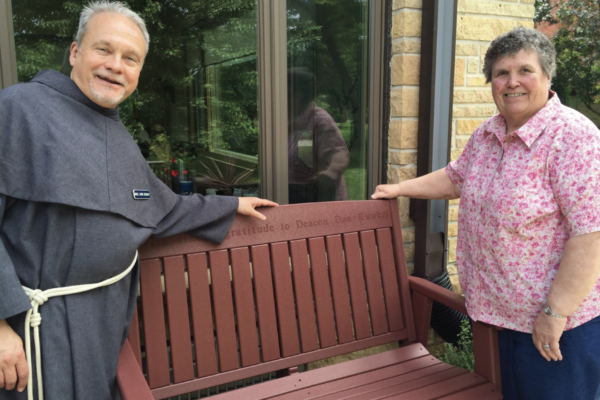
When I was a teenager, my uncle, who worked in the circulation department of a morning newspaper, asked me to cover a route for him temporarily. The route was more toward downtown than the one I usually covered and had some businesses on it. One business was a local diner. The first day I took the paper into the diner, there was my dad, eating breakfast with several men I didn’t know. I had no idea that dad ate breakfast in a diner and, apparently, had been doing so for years.
The shock came because the dad I knew was not much of a joiner. He was friendly, don’t get me wrong, but as far as I knew, the social circle he and mom belonged to was limited to family, church, and the euchre club. I couldn’t imagine him in a coffee klatch or breakfast club. What did they talk about? What did dad have to say? I had no idea. Pondering this new reality, it seemed clear that he must have been an active participant. Who would ever be a part of such a gathering if they never were allowed to speak? On the other hand, what group of breakfast goers would allow a person to simply sit there and listen and never say anything?
Pope Francis has indicated clearly that synodality is a constitutive element of the life of the Church. It’s not an add-on, like a camera on a phone. The Church cannot be or do without it. That’s the objective truth. It is also true that if synodality is so elemental to the Church’s experience, it has to be rooted, already, in our humanity. Otherwise, it would be foreign to us, and the requirement to adopt it is an imposition. To get acquainted with the synodal process, it helps to adjust our vision to recognize its elements where they already reside in our experience, the synod-like moments in our daily lives. Then we can arrive at the point when we can say, “Oh, yeah. I know about that. It’s quite familiar to me.” In the same way my eyes were opened that morning in the coffee shop, we must have a broader understanding of the Church and synodality. The synod calls for an open and mutual sharing of experience among all present.
The extensive synodal process the Church is engaging in is not only a moment of transformation in how we organize our institutional mode of operating but also a moment of deep familiarity. It is akin to those synod-like processes of everyday human interaction we participate in —in the coffee shop, the grocery store, the social club. What’s more, in any of those places and occasions, there is the possibility of the Holy Spirit acting, even if only through our presence there as witnesses to God’s presence in the world. What can we do to foster that moment of human interaction so that it becomes more fully human, more holy? How can we practice synodality, both in taking an active interest in the Church’s process these next few years and in the small-scale “synods” that we are already members of? Those, too, are ripe with the possibility of transformation into something more, something of the kingdom of God.






